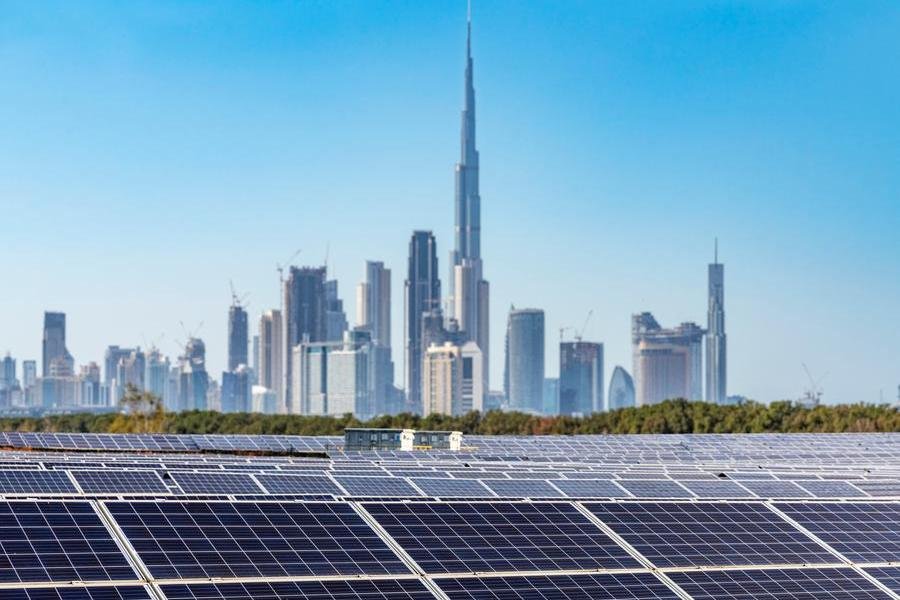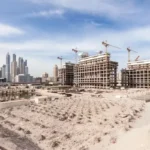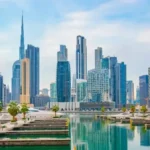Now Reading: Water Recycling in Real Estate Boosts Sustainability
-
01
Water Recycling in Real Estate Boosts Sustainability
Water Recycling in Real Estate Boosts Sustainability
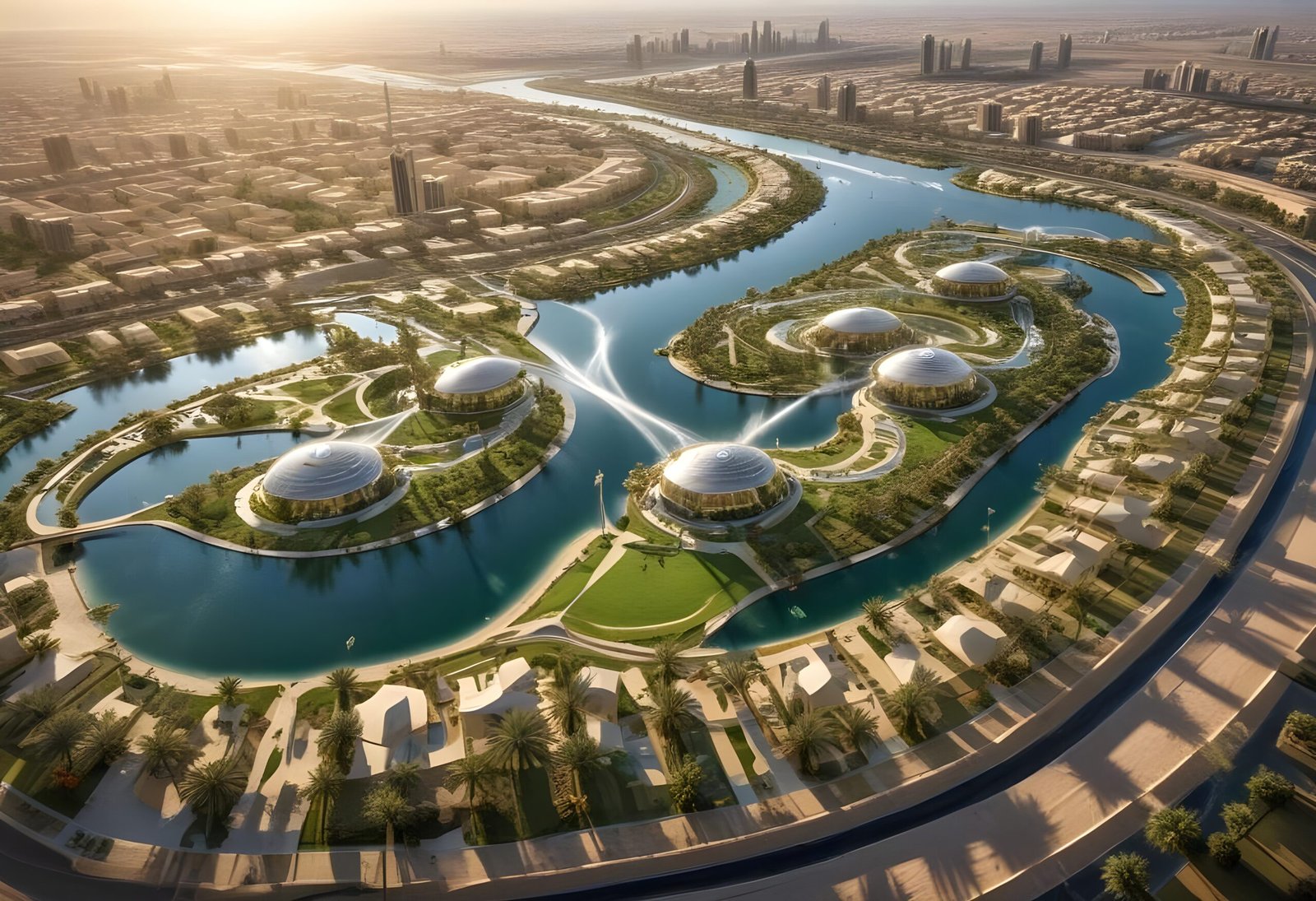
The adoption of water recycling in real estate projects is becoming one of the most important trends in sustainable development. As cities grow and populations increase, the demand for water continues to rise. Developers and governments worldwide are realizing that traditional water use practices are no longer enough. By integrating water recycling systems into residential, commercial, and mixed-use projects, the real estate industry is leading the way toward conservation and long-term resilience.
This case study explores how water recycling is transforming real estate, highlighting examples, benefits, and challenges while positioning sustainability at the heart of urban development.
Why Water Recycling Matters in Real Estate
Water scarcity is a pressing global issue, particularly in arid regions such as the Middle East. Real estate consumes vast amounts of water through landscaping, cooling systems, daily household use, and construction activities. Recycling water helps ease this pressure by:
- Reducing Freshwater Consumption: Treated greywater and wastewater can be reused for non-potable purposes.
- Lowering Utility Costs: Residents and businesses save on water bills.
- Supporting Green Certifications: Projects with recycling systems gain recognition like LEED or Estidama ratings.
- Promoting Sustainable Communities: Encourages responsible water use habits among residents.
For developers, water recycling is not just an environmental initiative—it is a financial and reputational advantage.
How Water Recycling Systems Work
Water recycling in real estate generally involves collecting, treating, and reusing water from various sources within a property. The process includes:
- Collection: Greywater from sinks, showers, and laundry is gathered.
- Treatment: Advanced systems filter and disinfect water.
- Storage: Recycled water is stored separately from potable supply.
- Reuse: Treated water is reused for irrigation, toilet flushing, cooling towers, and landscaping.
Some projects even go a step further, capturing rainwater and integrating it into the recycling cycle.
Case Study: Sustainable City, Dubai
One of the best-known examples of water recycling in real estate is The Sustainable City in Dubai. The community was designed with sustainability as its foundation, and water recycling plays a major role.
- Greywater recycling systems are integrated into every home.
- Recycled water is used for irrigation of green spaces and organic farms.
- Water-saving appliances and fixtures reduce consumption.
- The development has achieved significant reductions in water use per resident compared to the city average.
This project demonstrates how water recycling can be implemented at scale while maintaining high living standards.
Benefits of Water Recycling in Real Estate
Developers, investors, and residents all benefit from integrating water recycling:
- Economic Savings: Reduced reliance on municipal water supply lowers costs.
- Environmental Protection: Less strain on natural resources and reduced wastewater discharge.
- Property Value Increase: Sustainable features boost buyer interest and resale potential.
- Compliance with Regulations: Aligns with government sustainability mandates.
- Community Appeal: Attracts eco-conscious tenants and investors.
In markets where sustainability is a growing priority, water-efficient projects are more competitive and future-proof.
Challenges of Implementation
Despite the clear benefits, there are challenges to adopting water recycling systems in real estate:
- Upfront Costs: Installation of advanced recycling technology requires significant investment.
- Maintenance: Systems require regular monitoring and skilled management.
- Public Awareness: Some residents are hesitant to use recycled water, even for non-potable purposes.
- Regulatory Approvals: Different jurisdictions have varying standards and compliance requirements.
Overcoming these challenges requires government incentives, public education, and continued innovation in water recycling technologies.
Global Examples of Water Recycling in Real Estate
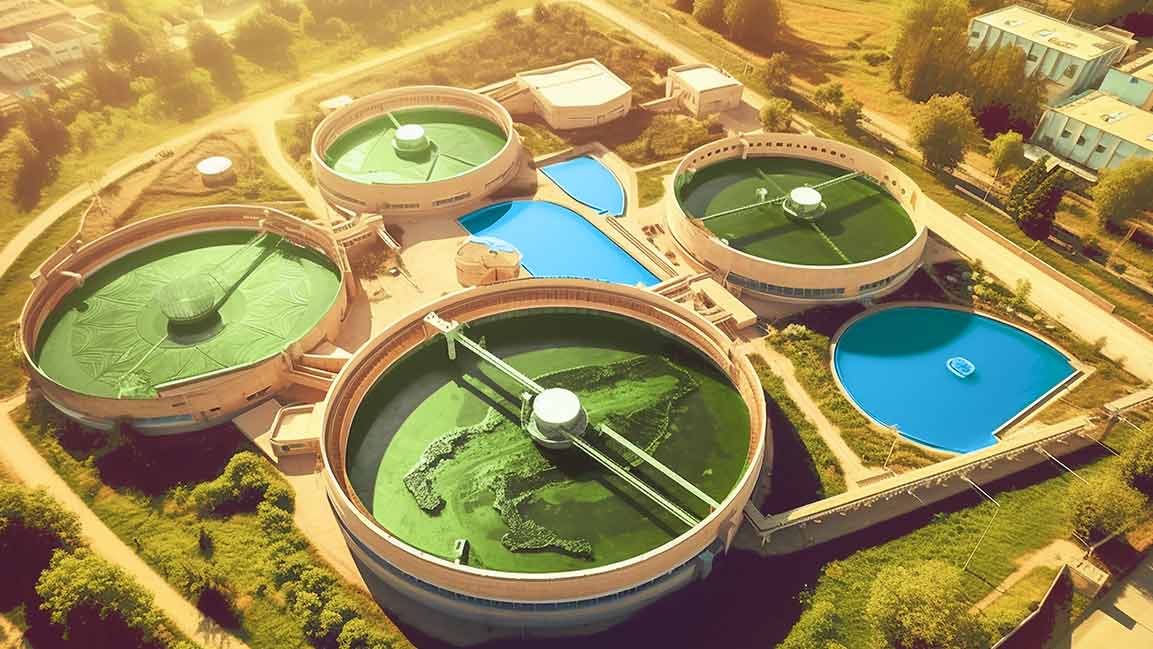
- Singapore: Pioneering large-scale water recycling through its NEWater initiative, which supports both residential and commercial developments.
- California, USA: Stricter building codes now encourage greywater recycling in housing projects.
- Australia: Master-planned communities integrate rainwater harvesting and greywater reuse to combat drought conditions.
These international examples show how real estate developers can adopt best practices to strengthen sustainability.
Future Outlook for Water Recycling in Real Estate
As climate change intensifies and water scarcity becomes more severe, water recycling will move from being an optional feature to a standard requirement in real estate projects. Future trends include:
- Smart Water Management Systems: AI-powered monitoring to optimize usage.
- Integration with Renewable Energy: Solar-powered recycling plants for energy efficiency.
- Decentralized Treatment: On-site systems reducing reliance on municipal facilities.
- Community-Level Projects: Shared water recycling facilities for neighborhoods.
In the UAE and across the world, regulatory frameworks are expected to mandate water recycling in new real estate projects, making sustainability a cornerstone of development.
Conclusion
The integration of water recycling in real estate projects is more than a trend-it is a necessity for sustainable urban growth. By reducing freshwater demand, cutting costs, and supporting eco-friendly living, these systems benefit developers, investors, and residents alike.
As case studies like The Sustainable City in Dubai show, water recycling can be successfully implemented on a large scale, creating communities that balance modern living with environmental responsibility. In the future, real estate projects without water recycling may struggle to compete in markets where sustainability is no longer optional but essential.
Follow us on: Instagram
Read More: Solar Energy in UAE Homes Drives Green Development



